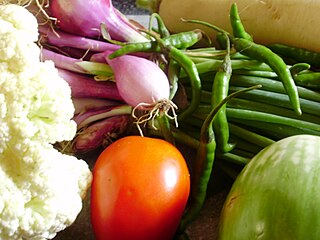.
"IGF-I activity may be a key determinant of stroke risk--a cautionary lesson for vegans.", McCarty MF.
(Quoting here the first half of the abstract describing facts leaving out the second part containing some wishful thinking.)
Abstract
IGF-I acts on vascular endothelium to activate nitric oxide synthase, thereby promoting vascular health; there is reason to believe that this protection is especially crucial to the cerebral vasculature, helping to ward off thrombotic strokes. IGF-I may also promote the structural integrity of cerebral arteries, thereby offering protection from hemorrhagic stroke. These considerations may help to explain why tallness is associated with low stroke risk, whereas growth hormone deficiency increases stroke risk - and why age-adjusted stroke mortality has been exceptionally high in rural Asians eating quasi-vegan diets, but has been declining steadily in Asia as diets have become progressively higher in animal products. There is good reason to suspect that low-fat vegan diets tend to down-regulate systemic IGF-I activity; this effect would be expected to increase stroke risk in vegans. Furthermore, epidemiology suggests that low serum cholesterol, and possibly also a low dietary intake of saturated fat - both characteristic of those adopting low-fat vegan diets - may also increase stroke risk. ...
“I’ve dealt with him before ”
-
“It is difficult to get a man to understand something, when his salary
depends on his not understanding it.” – Upton Sinclair
1 day ago





